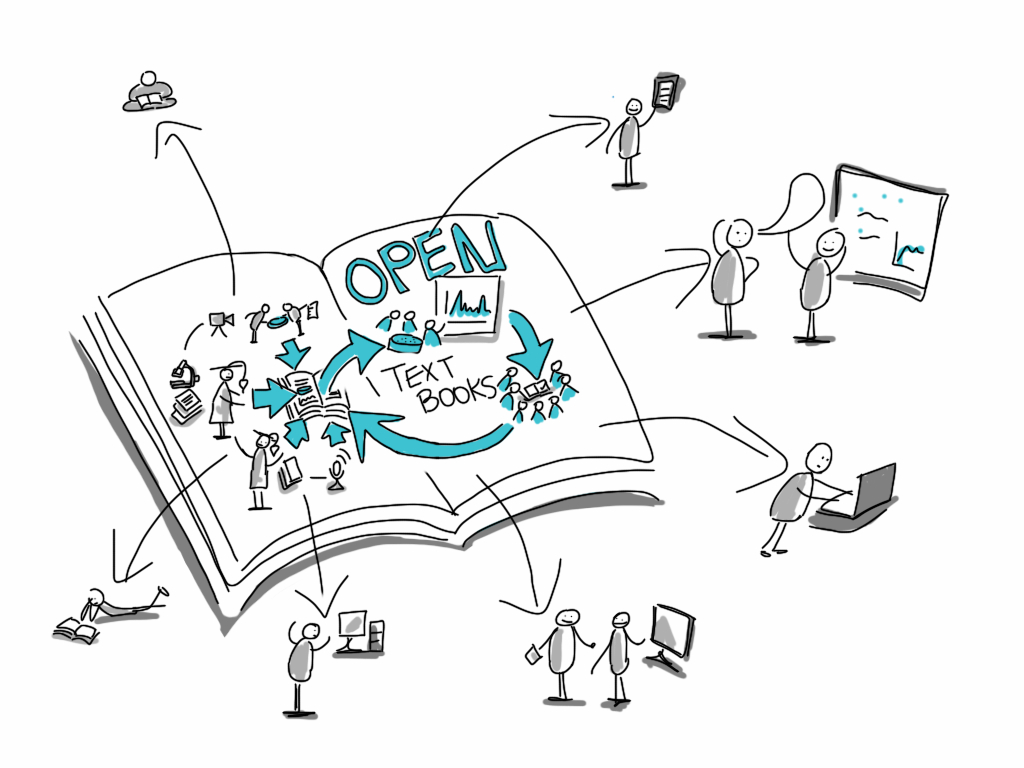18 Future of Assessment: How has it changed in 2021?
A case for open book testing in the Trades
Mike Hickey
MARCH 2021
The challenges our students have faced throughout the last 30 years has become more prevalent in 2021 due to the COVID-19 pandemic over the past year. In March of 2020, the education system reacted to the pandemic by shuttering schools to protect the students and faculty and many in-person course were transferred to on-line synchronous or cancelled altogether.
I have 40 years experience in the motive power trades and currently teach at the School of Transportation (SOT) in the Truck & Coach program at Centennial College. The programs are all taught in-class or in-lab and have structured curriculums and learning outcomes that are tied to the training standards at the Ontario College of Trades (OCOT). Course Learning Outcomes (CLOs), Essential Employability Skills (EES) and evaluations have been assigned to meet these training standards.
College faculty had to react quickly to adapt their lesson plans, course outlines and assess if the curriculums could be achieved without a lab setting. Technology had to be acquired, learned, created, and presented in a credible and proficient manner to allow students the ability to meet the curriculum.
As time progressed and everyone adjusted to the modified class atmosphere, many other challenges presented themselves that had to be addressed.
The virtual classroom:
-
- It was difficult to communicate effectively with students through the web portal.
- Student attendance was difficult to ascertain.
- Student engagement was challenging and difficult to obtain feedback on their comprehension of the lesson.
- Body language, props and subject material was no longer utilized and creative ways to adjust were utilized
- Assignments were developed that were tied to online video and written media and had to be submitted.
- Daily quizzes were adapted to an online format.
- Test 1 & Test 2 were also changed to an online quiz format.

“open textbooks” by giulia.forsythe is marked with CC0 1.0
Although any one of these challenges can cause logistical issues, the methods of assessing and grading the quizzes and tests with proper invigilation was of paramount importance. The usual practice of lockdown browser was ineffective as I found that many of the students were using various methods of accessing the class including phones, tablets, PCs and laptops. and there wasn’t time left in the semester to implement a new technology standard.
I had many discussions with my peers and program coordinators on invigilating the assessments and it was decided that we must trust the student’s integrity and to allow the students to utilize their textbooks like having an open book assessment. I have utilized this technique previously and had to develop my quizzes with this in mind.
In the industry we teach our apprentices and journeypersons how to analyze, diagnose and importantly reference the manuals for information. Knowing that the rules have changed I expanded the subject material to include much of the textbook chapters and explained to the students that they must reference the textbook to find some of the answers that may require clarification.
Pros of Open Book Assessments
- Students are more organized
- Aligns with real life scenarios
- Improves comprehension
- Allows for an additional learning experience
- Students do not have to focus on memorizing
- Open book exams have become very viable
Cons of Open Book Assessments
- Teachers may take more time to design and implement
- Invigilating the Test is difficult
- All students must have equal access to technology, material and text books
- Some students may not study sufficiently thinking they can refer to the material
“Managing Open Book Exams” by KPU Learning Centres is licensed under CC BY 4.0
This reflective learning experience on assessments will help review the way we assess learning and plan on how to improve our views on how we teach the material and what can we do better going forward.
References
Chamoli, A. (2020, May 30). Open Book Exams and Take-Home Exams: The Pros and Cons & Detailed Process. College Dekho. https://www.collegedekho.com/articles/open-book-exams-and-take-home-exams/ .
KPU Learning Centres. (2020, April 20). Managing Open Book Exams [Video]. YouTube. https://www.youtube.com/channel/UCl16DCjyjs_MOCACeWroHyA.
Osmond-Johnson, P., Campbell, C., & Pollock, K. (2020, May 6). Moving Forward in the COVID-19 Era: Reflections for Canadian Education. EdCan Network. https://www.edcan.ca/articles/moving-forward-in-the-covid-19-era/.
Phillips, M. (2020, September 10). Are Open-Book Exams a Closed Case? The Pros and Cons. Complete Literature. https://completeliterature.com/are-open-book-exams-a-closed-case-the-pros-and-cons/.
About the Author
Currently I am a Professor in the Truck & Coach, Coach specific and Automotive Programs at Centennial College School of Transportation. And Durham College Automotive program. I am a retired manager from the Toronto Transit Commission and have 40 years experience in the motive power trades in various careers including building and driving a pro-street outlaw drag car in the 90s.

